Trials of lorry platooning, where a lead vehicle controls acceleration of up to three HGVs travelling in convoy on a motorway, have been approved by the Department for Transport (DfT).
All lorries in the platoon, which will be connected wirelessly, will always have a driver ready to take control at any time.
DfT announced £8.1m government funding for the trials, and explained that a row of lorries driving closer together would mean the front truck was pushing the air out of the way, making the vehicles in the convoy more efficient, lowering emissions and improving air quality.
Transport minister Paul Maynard said: “We are investing in technology that will improve people’s lives. Advances such as lorry platooning could benefit businesses through cheaper fuel bills and other road users thanks to lower emissions and less congestion.
“But first we must make sure the technology is safe and works well on our roads, and that’s why we are investing in these trials.”
The Transport Research Laboratory (TRL) will carry out the trial, with funding provided by the Department for Transport and Highways England. It follows a government-funded feasibility study which recommended a trial to examine the benefits and viability of platooning.
Jim O’Sullivan, Highways England chief executive, said: “We are pleased to be supporting the government’s ambition for the UK to be a global leader for innovation.
“The trial has the potential to demonstrate how greater automation of vehicles – in this instance, HGVs – can deliver improvements in safety, better journeys for road users and reduction in vehicle emissions.
“Investing in this research shows we care about those using our roads, the economy and the environment, and safety will be integral as we take forward this work with TRL.”
The trial will be carried out in three phases, with the first focusing on the potential for platooning on the UK’s major roads. Initial test-track-based research will help decide details such as distance between vehicles and on which roads the tests could take place.
Trials are expected on major roads by the end of 2018.
Commenting on the announcement, RAC roads policy spokesman Nicholas Lyes said: “We broadly support the Government’s commitment to a thorough and independent phased trial to examine the safety and feasibility of lorry platooning. However it is vital that every step is taken to ensure that the public are made fully aware of the details of these tests to give them confidence that the technology will be safe in practice.
“It is also important that drivers are aware through signage that autonomous platoons are on the carriageway – seeing manned lorries driving very close to each other could be a disconcerting sight in a high speed environment. It is vital that system checks and processes also reduce any likeliness of a catastrophic breakdown amongst any of the lorries.
“The principle offers clear benefits in helping to reduce congestion at the same time as lowering emissions and fuel costs. However, the safety of all other roads users must always be the priority and guiding principle of a robust trial.”


























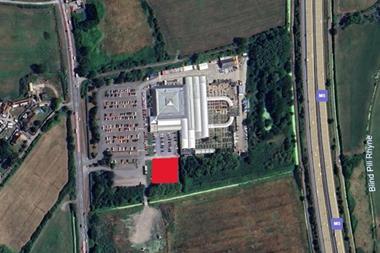


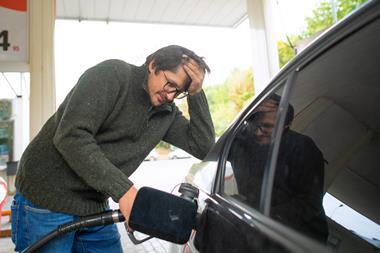
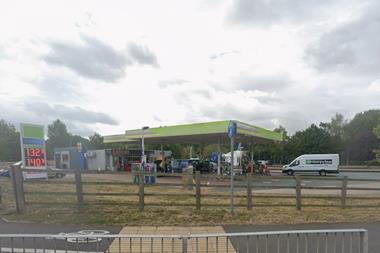
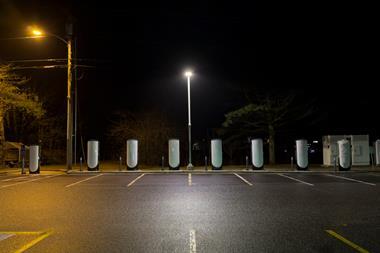
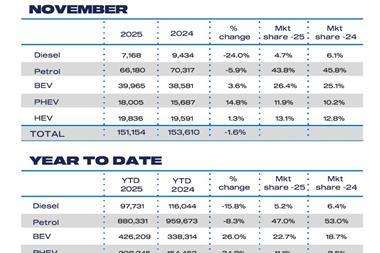
No comments yet